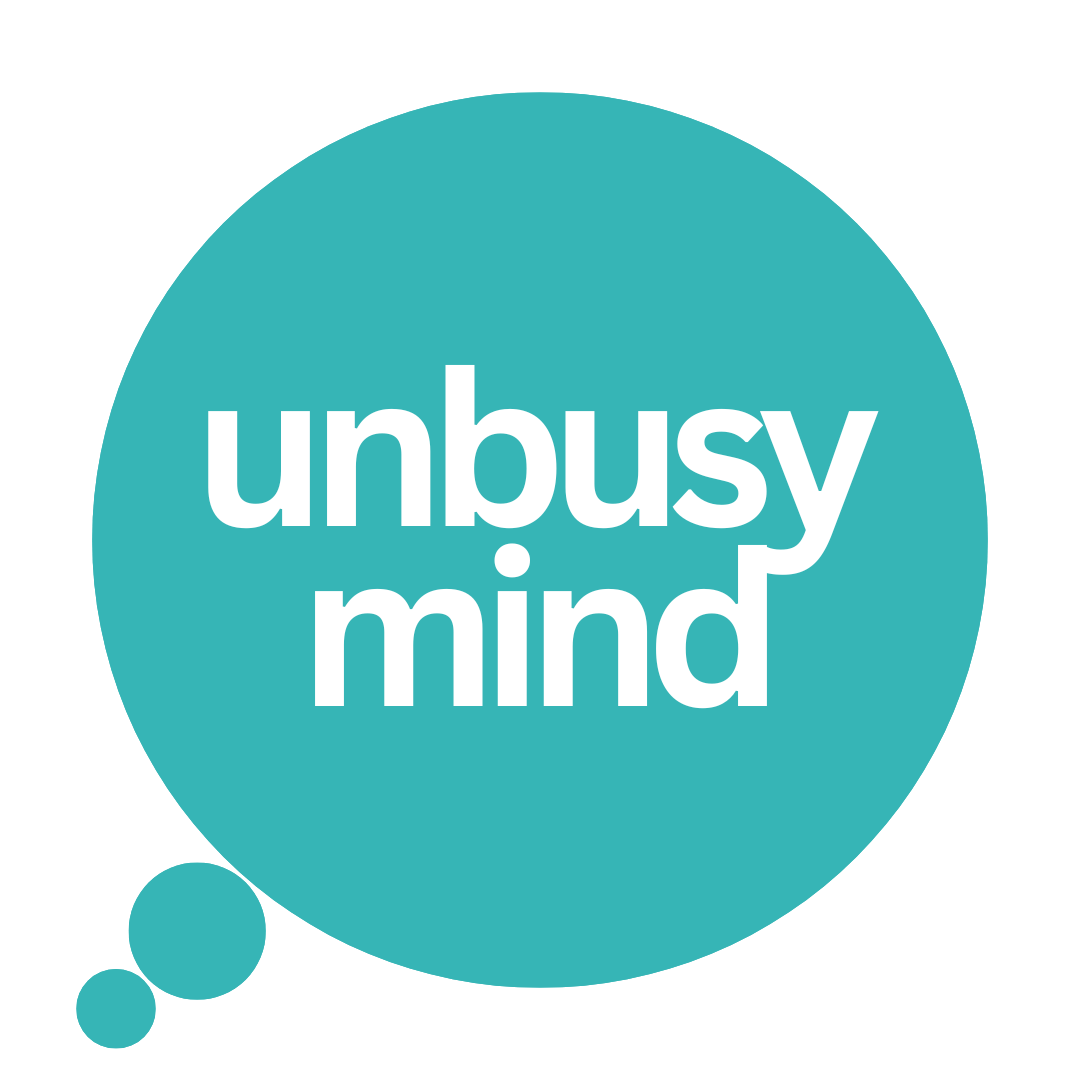
25 Oct Conquer Generalized Anxiety Disorder: Symptoms, Causes, & Effective Treatments
We all experience anxiety from time to time. Facing a looming deadline, job concerns, or test results can trigger temporary worry. But for some individuals, anxiety transforms into a constant companion, impacting daily life. This relentless worry might be a sign of Generalized Anxiety Disorder (GAD), a prevalent mental health condition.
This article delves into the complexities of GAD, exploring its symptoms, potential causes, and effective treatment options. By equipping yourself with knowledge, you can navigate GAD and reclaim control over your well-being.
Unveiling the Signs and Symptoms of GAD
GAD manifests through a constellation of symptoms that persist for at least six months. Here’s a closer look at some telltale signs:
- Persistent Worry: Everyday matters like finances, health, or relationships become a constant source of excessive worry.
- Overthinking and Analyzing: You might find yourself dwelling on worst-case scenarios and endlessly searching for solutions to every potential problem, leading to paralysis.
- Magnifying Threats: Everyday situations feel more dangerous or stressful than they truly are, intensifying anxiety.
- Difficulty with Uncertainty: The inability to tolerate uncertainty makes decision-making arduous, and you might avoid decisions altogether.
- Physical Symptoms: Muscle tension, fatigue, restlessness, digestive issues, sweating, and sleep disturbances are frequent companions of GAD.
- Concentration Challenges: Chronic worry and physical symptoms often disrupt your ability to focus, impacting performance at work, school, and daily tasks.
- Irritability: Constant anxiety and physical discomfort can lead to irritability, straining relationships.
What Sparks Generalized Anxiety Disorder?
The exact cause of GAD remains elusive, but research suggests a confluence of factors might be at play:
- Genetic Predisposition: A family history of GAD or other anxiety disorders increases your susceptibility.
- Brain Chemistry: Imbalances in neurotransmitters, the brain’s chemical messengers, might contribute to how you react to stress.
- Environmental Factors: Long-term exposure to stress or trauma, especially during childhood, can heighten vulnerability to anxiety disorders.
- Developmental and Psychological Aspects: Perfectionism, low self-esteem, or a tendency to avoid uncertainty might contribute to GAD. Early life experiences, like overprotective or critical parenting, can influence coping mechanisms.
- Co-existing Mental Health Conditions: Depression can co-occur with or trigger anxiety symptoms, potentially leading to GAD.
Charting the Path to Recovery: Effective Treatment Options for GAD
If you suspect you might have GAD, seeking professional help is crucial. Here are some effective treatment approaches:
- Cognitive Behavioral Therapy (CBT): This therapy equips you with tools to identify, challenge, and modify negative thought patterns and behaviors that fuel anxiety.
- Medication: Antidepressants like SSRIs and SNRIs can regulate mood and reduce anxiety. In some cases, benzodiazepines might be used for short-term relief, but with a risk of dependence. Consulting a doctor or psychiatrist is vital to discuss medication options.
- Lifestyle Changes: Prioritizing healthy habits can significantly impact GAD. Regular exercise, adequate sleep, and limiting caffeine and alcohol intake contribute to overall well-being and anxiety management.
Harnessing the Power of Mindfulness and Relaxation Techniques
Mindfulness practices and relaxation techniques can be powerful allies in managing GAD:
- Meditation and Deep Breathing: These practices help you anchor yourself in the present moment, reducing the constant worry characteristic of GAD.
- Yoga: Yoga combines physical postures, breathing exercises, and meditation, promoting relaxation and stress reduction.
Building a Support System: The Importance of Connection
Surrounding yourself with a supportive network can be a source of strength when navigating GAD:
- Confide in Loved Ones: Sharing your feelings with family and friends fosters emotional support and combats feelings of isolation.
- Consider Support Groups: Connecting with others who understand the challenges of GAD can be incredibly helpful.
Cultivating Understanding and Awareness
Knowledge empowers you to manage GAD more effectively:
- Educate Yourself: Learning about GAD can equip you with strategies to cope with symptoms and manage your condition.
Remember, you’re not alone. Millions of people grapple with GAD. With the right tools and support, you can reclaim control of your life and experience lasting peace of mind.

